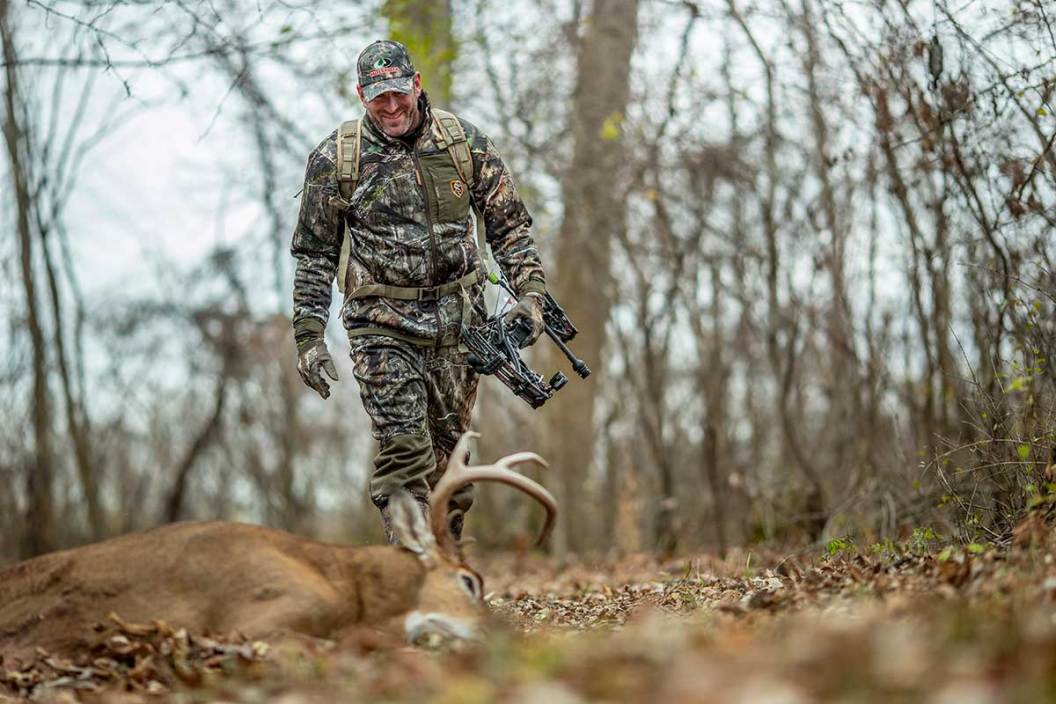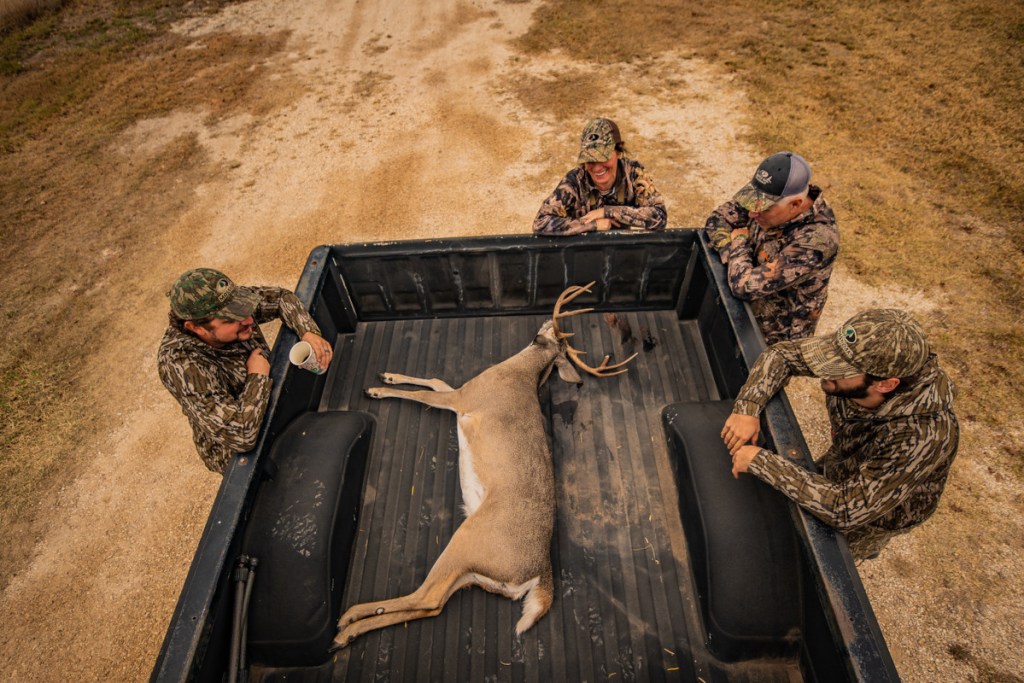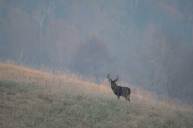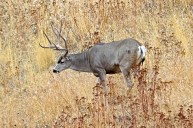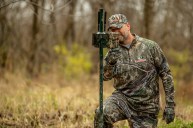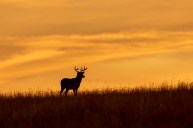For most parts of the country, opening day of whitetail season is just around the corner, or maybe it has already started. If you talk to an avid whitetail hunter, he'll most likely mention how mid-November provides the greatest opportunity to get a monster whitetail, but I'm not so sure. Don't get me wrong; hunting deep into November is great. Bucks start to become much more aggressive as they seek out does to breed, and the daylight activity of cruising bucks is at an all-time high. I look forward to the rut all year; and when it peaks its beautiful face, I'm usually in a treestand. However, there is something to be said about the consistency of early season deer activity. The bucks haven't been pressured, and it seems as though you can get them on a tighter pattern than they have been in all year and set up an ambush when they least expect it. Here is why opening day is your best chance at harvesting that trophy buck.
Low Pressure

Prior to opening day, the last time your deer herd has had any hunting pressure was probably in January or February, depending on what state you're in. That means your target buck hasn't felt as much of a need to look over his shoulder for the past eight or nine months. That right there is enough to get any whitetail hunter eager to hop up in a stand for the opener. Whitetail deer activity is heavily impacted by human pressure. This plays a role in the stage that hunters commonly refer to as the "October Lull," when it seems as though all buck activity has moved to nighttime and sitting in a stand gives you about the same result as sitting on your couch at home.
Opening day is the one time during the season that hunters can capitalize on a relatively relaxed buck. This doesn't mean that your target buck won't be cautious, as that is an instinctual trait of these animals and something we hunters have to keep in mind when preparing a strategy. But it does mean that the odds are in our favor more so than during the rest of the season.
Summer Feeding Patterns
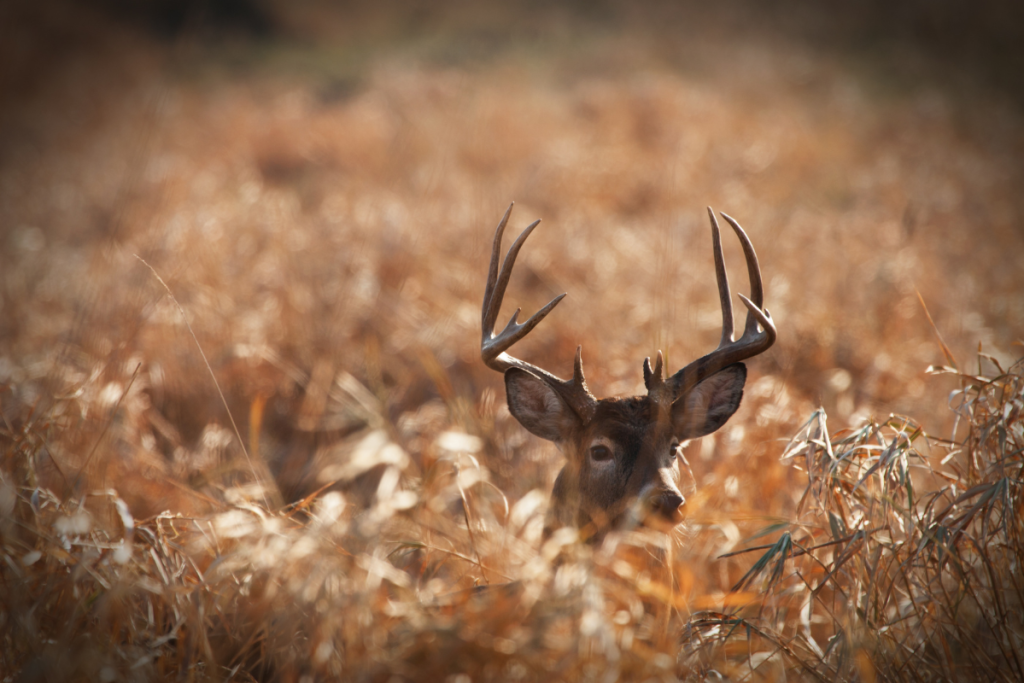
If you're like me, you've had trail cameras out for the past several months, just gaining inventory and monitoring the feeding patterns of velvet summer bucks. While getting pictures of bucks in velvet is awesome, it also helps us understand how they feed prior to the season and how we can capitalize on that for the season opener. For the most part, whitetail deer are habitual by nature. That means they have a routine that usually won't be altered unless impacted by an outside force, such as hunters, weather, or predators such as coyotes. Use this to your advantage by monitoring where the bucks are feeding during the summer and what conditions cause them to feed in each location at specific times. For example, whenever I get a shooter buck on camera, I like to make a note of what location he was in, what the wind direction was, what the pressure was like that day, what the moon phase was, etc. This helps paint a picture of the buck's feeding pattern and will give me a good idea of where he will be on opening day.
Buck Bachelor Groups
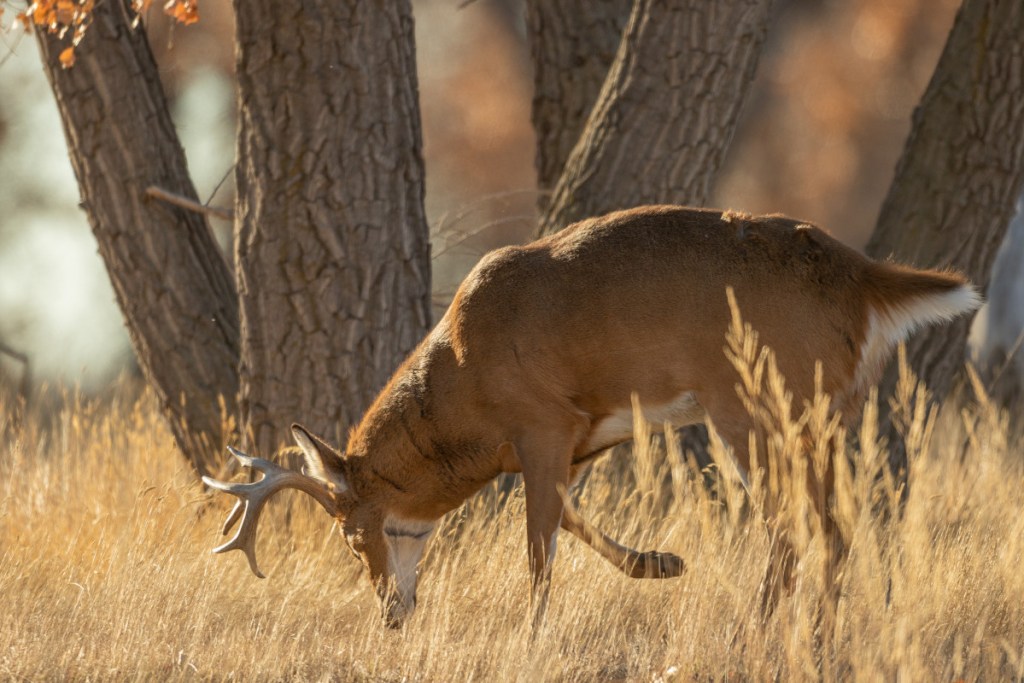
When opening day rolls around, testosterone levels of whitetail bucks are still relatively low. You've probably seen trail camera images on your farm that show multiple bucks hanging out. While this won't last very long, it gives hunters a great chance to see several bucks on opening day, as they are still feeding together in small groups. Monitor your trail cameras, and take note of specific bachelor groups and patterns of how they feed together. This is a stage when bucks aren't very aggressive, and large numbers will congregate at a single food plot or gravity feeder. But make the most of it, because as soon as October begins, these groups will start to fade as the dominant bucks claim their territory in preparation for the rut.
Waterholes Work
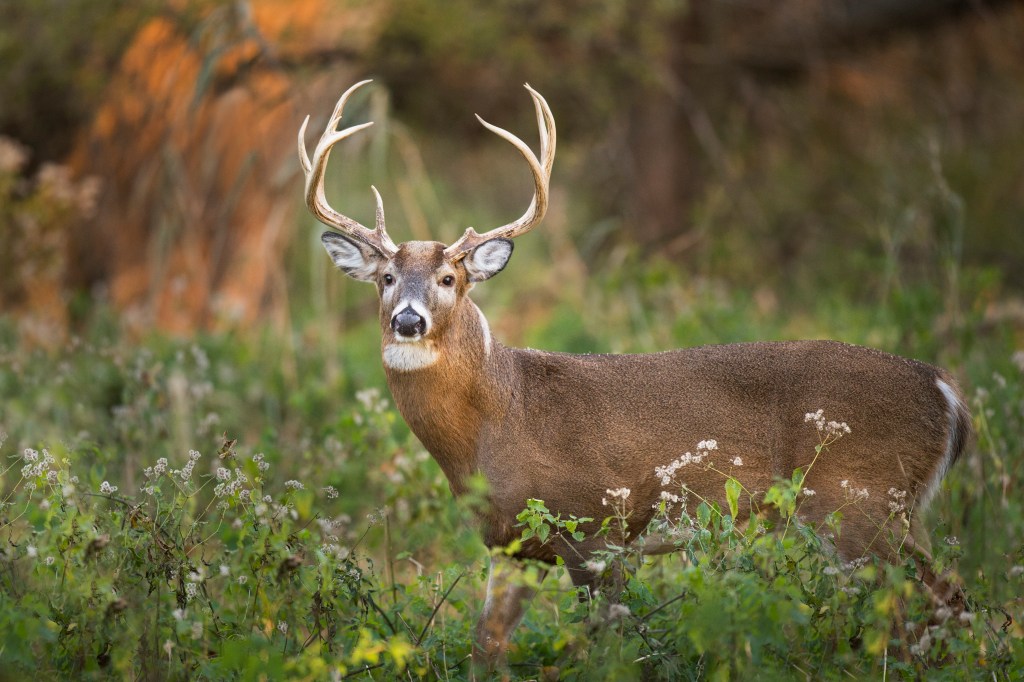
ps50ace/Getty Images
A good water source can be a honey hole for deer on opening weekend. The brutal heat and dry air of the late-summer months put only one thing on a whitetail deer's mind: water! Just like humans, water is the most important part of a whitetail's diet, and there isn't a more crucial time for that resource than during the start of deer season. Whether it be a cattle water tank, a fish pond, or even a naturally flowing stream, this is a spot where deer are going to congregate to during the early season. Set up about 20 yards downwind of a primary water source, and you'll have a killer opening day spot.
Final Thoughts On Opening Day
Deer season is finally here. The countless months of anticipation are over, and we can finally get back to enjoying the outdoors and pursuing that trophy buck we are all after. Most hunters are just counting down the days until the rut, but you shouldn't be. While the rut of course has its advantages—such as cruising bucks and midday activity—nothing like opening day offers a more-relaxed deer herd so accurately patterned by food and water, while also being abnormally relaxed due to low pressure. Use this to your advantage by creating a plan to capitalize on these conditions, and make your opening day count this year.
